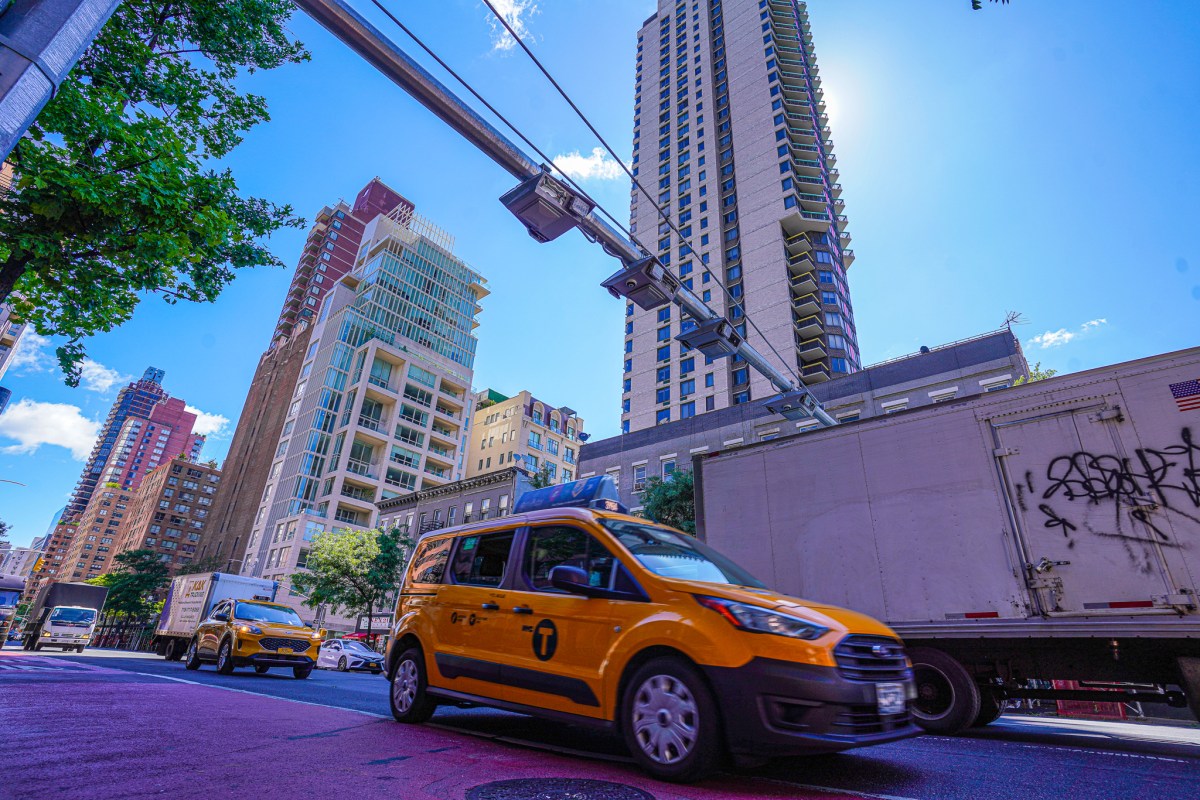ZURICH (Reuters) – Lonza said on Tuesday the first patient has been treated with a cell therapy made in its “Cocoon” platform, which the Swiss contract drug maker hopes catches on at medical centers aiming to boost use of personalized cancer treatments.
Lonza’s automated system, installed at Sheba Medical Center in Tel HaShomer, Israel, is now being used in a clinical trial of a so-called chimeric antigen receptor T cell therapy, or CAR-T, against B-cell malignancies. The first patient treated with Sheba’s CAR-T from the Cocoon has diffuse large B cell lymphoma (DLBCL).
CAR-T therapies including approved products like Gilead’s $373,000 Yescarta and Novartis’s $373,000 to $475,000 Kymriah can be curative, even for patients in whom other cancer treatments have failed.
But their manufacturing is challenging, with patients’ T-cells removed at hospitals, often sent long distances to centralized re-engineering facilities, before making the return journey weeks later to be re-infused into patients. With Lonza’s Cocoon, the process takes place in a functionally closed system at the hospital site, the Swiss company said.
“The Cocoon Platform will enable Sheba to reduce immunotherapy manufacturing costs by lowering manpower, time, and space requirements,” Lonza said in a statement. “It is hoped that this will ultimately allow Sheba to deliver potentially curative cellular immunotherapies to more patients.”
Sheba said its CAR-T treatment has been used in more than 100 patients over the last two years in its trial, and the hospital plans to use the Cocoon for additional patients.
With Cocoon, Lonza joins others including General Electric also developing more-automated systems to speed up CAR-T manufacturing, cut costs and improve manufacturing failure rates that may be associated with more hands-on methods.
(Reporting by John Miller, editing by John Revill)






















